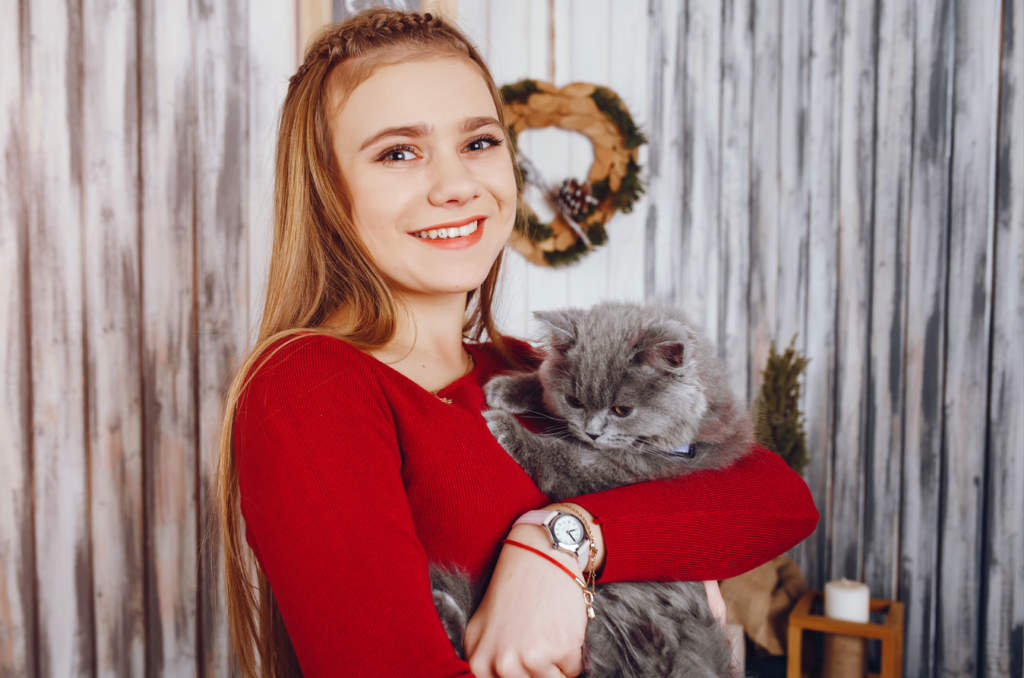Choosing a pet is an exciting decision, but it requires careful thought and planning. A pet is a long-term commitment, and selecting the right one for your lifestyle is essential to ensure a happy and healthy relationship. Here’s a comprehensive guide to help you make the best choice.
1. Assess Your Living Space
Your home environment plays a significant role in determining the type of pet you should get. Consider:
- Apartment vs. House: Small pets like cats, small dogs, fish, or birds are great for apartments, while larger breeds or active animals need more space.
- Outdoor Access: If you have a backyard, you can accommodate pets that need outdoor time, like large dogs.
- Pet Restrictions: Some rental properties have restrictions on pet breeds and sizes, so check before bringing a pet home.
2. Consider Your Daily Routine
Your work schedule and lifestyle affect the amount of time you can dedicate to a pet.
- Busy Schedule: If you work long hours, low-maintenance pets like fish, reptiles, or independent cats may be better.
- Flexible Routine: If you have a flexible schedule, you can consider dogs, birds, or even high-maintenance pets like rabbits or ferrets.
Traveling Often: If you travel frequently, pets that require less attention or can be easily cared for by others, like fish or small rodents, might be suitable.
3. Activity Level and Energy Requirements

Different pets have varying energy levels, and it’s important to match them with yours.
- Active Lifestyle: If you enjoy outdoor activities, high-energy dog breeds like Border Collies, Labradors, or Huskies can be great companions.
- Moderate Activity: If you prefer moderate exercise, consider breeds like Bulldogs, Basset Hounds, or cats.
- Low Activity: If you have a sedentary lifestyle, low-energy pets like fish, reptiles, or older pets may be a better fit.
4. Allergies and Sensitivities
Some people are allergic to pet fur, dander, or saliva. If you or a family member has allergies:
- Hypoallergenic Dogs: Breeds like Poodles, Maltese, and Schnauzers shed less and are suitable for allergy sufferers.
- Hypoallergenic Cats: Siberian cats and Balinese cats produce lower amounts of allergens.
- Alternative Pets: Consider fish, reptiles, or amphibians, which do not trigger allergies.
5. Financial Commitment

Owning a pet involves financial responsibility. Consider:
- Initial Costs: Adoption fees, buying essential supplies, and vaccinations.
- Ongoing Costs: Food, grooming, vet visits, pet insurance, and training.
- Unexpected Expenses: Emergency medical care or behavioral training.
6. Pet Lifespan and Long-Term Commitment
Different pets have varying lifespans, so be sure you can commit for the long haul.
- Short Lifespan (2-5 years): Hamsters, guinea pigs, and fish.
- Medium Lifespan (10-15 years): Dogs, cats, and rabbits.
- Long Lifespan (20+ years): Turtles, parrots, and some large dog breeds.
7. Family and Household Dynamics

If you have children or other pets, consider how a new pet will fit into the family.
- Child-Friendly Pets: Golden Retrievers, Labrador Retrievers, and cats are known for their gentle nature.
- Small Pet Safety: Small pets like hamsters and guinea pigs require careful handling.
- Existing Pets: If you already have pets, introduce them slowly to the new addition to ensure compatibility.
8. Grooming and Maintenance Needs
Different pets require different levels of grooming and care.
- Low Maintenance: Fish, reptiles, and short-haired cats or dogs.
- Moderate Maintenance: Cats and dogs with short coats that need occasional brushing.
- High Maintenance: Long-haired dog breeds like Shih Tzus or Persian cats require frequent grooming.
9. Training and Socialization
Some pets need more training and socialization than others.
- Easy to Train: Breeds like Labrador Retrievers, Poodles, and German Shepherds are intelligent and trainable.
- Independent Pets: Cats, reptiles, and small rodents require less training.
- Socialization Needs: Some pets need regular interaction and mental stimulation to stay happy.
Final Thoughts
Choosing the right pet is a big decision that impacts both your life and the pet’s well-being. Take time to research and assess your lifestyle to find the best match. Whether it’s a loyal dog, an independent cat, or a low-maintenance fish, the right pet will bring joy and companionship for years to come.



